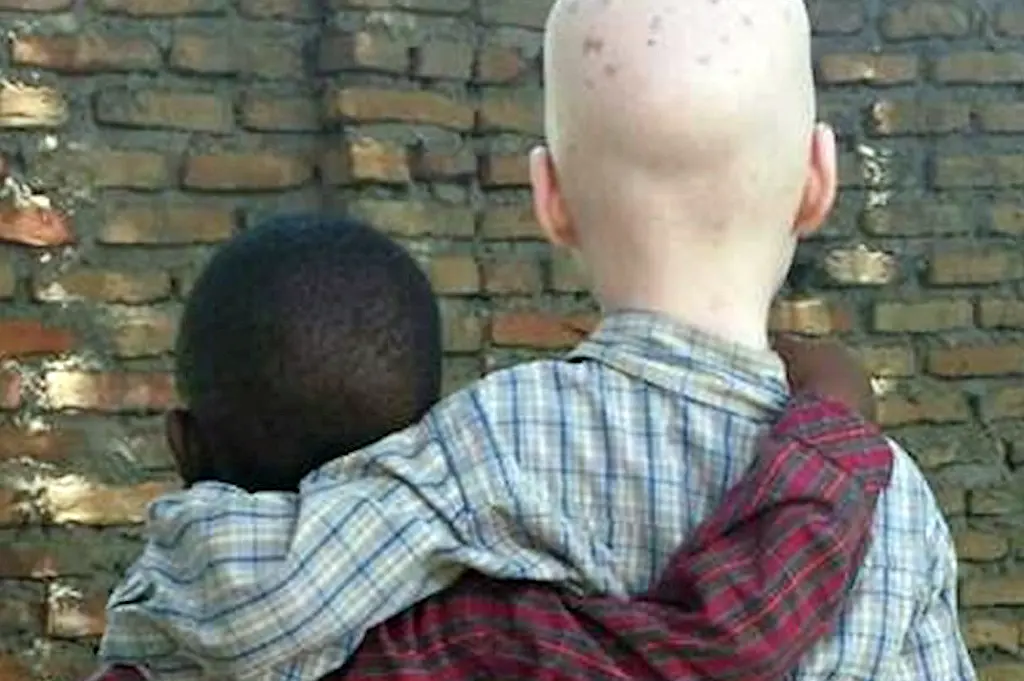
13 June is International Albinism Awareness Day. It is described as a day in which people worldwide celebrate the human rights of people living with albinism. In southern Africa, there is much work to be done before we can celebrate.
About 1 in 5,000 people in sub-Saharan Africa have albinism: a condition that children inherit from the genes of their parents. It exists in all nations, across races, ethnicities and genders. The condition results in a lack of pigmentation or colour (melanin) in the hair, skin and eyes of affected people, causing vulnerability to the sun and bright light.
In southern Africa, many people with albinism face daily threats to life, limb and well-being from their very communities, fueled by superstitious beliefs grounded in misinformation. This is in addition to dealing with special medical needs and discrimination in accessing basic services.
13 June is no arbitrary date. It is the date on which, in 2013, the United Nations Human Rights Council passed a Resolution (23/13) condemning attacks and discrimination that had been recorded globally against people with albinism as violations of international law. Various other international bodies followed in condemning these discriminatory acts. In November 2013, the African Commission on Human and Peoples’ Rights passed a Resolution (263), denouncing discrimination faced by persons with albinism and reaffirming the fundamental rights of all people to human dignity, together with the special rights of persons with disabilities to measures of protection in line with their physical and moral needs.
As these international and regional bodies have affirmed, we are all legally obliged to respect the rights of all people, regardless of their skin colour, age, gender, sexual orientation, or health status, including people with albinism.
Yet many people with albinism continue to suffer a denial of their rights to dignity, health, education, life and physical integrity because of physical attacks and discrimination. Recent attacks in Malawi, Tanzania, Zambia, and the Democratic Republic of the Congo highlight this ongoing struggle.
What can we do? First, we need to condemn all forms of discrimination against people with albinism and build communities that are inclusive. Second, States need to take active measures to protect and fulfill the rights of people with albinism. These include effective and robust investigation and prosecution of attacks; public education and awareness; special measures to provide protection for persons and families vulnerable to abuse; visible inclusion of people with albinism in positions of influence; and firm measures and policies to address the multiple and intersecting forms of discrimination affecting persons with albinism, including by ensuring adequate access to health care, social services, employment and education.
As stated by the former United Nations Human Rights Chief Navi Pillay, “Persons with albinism have the right to live without fear of bullying, discrimination, social exclusion, killing and dismemberment”. We share a legal and moral duty to make this a reality.



